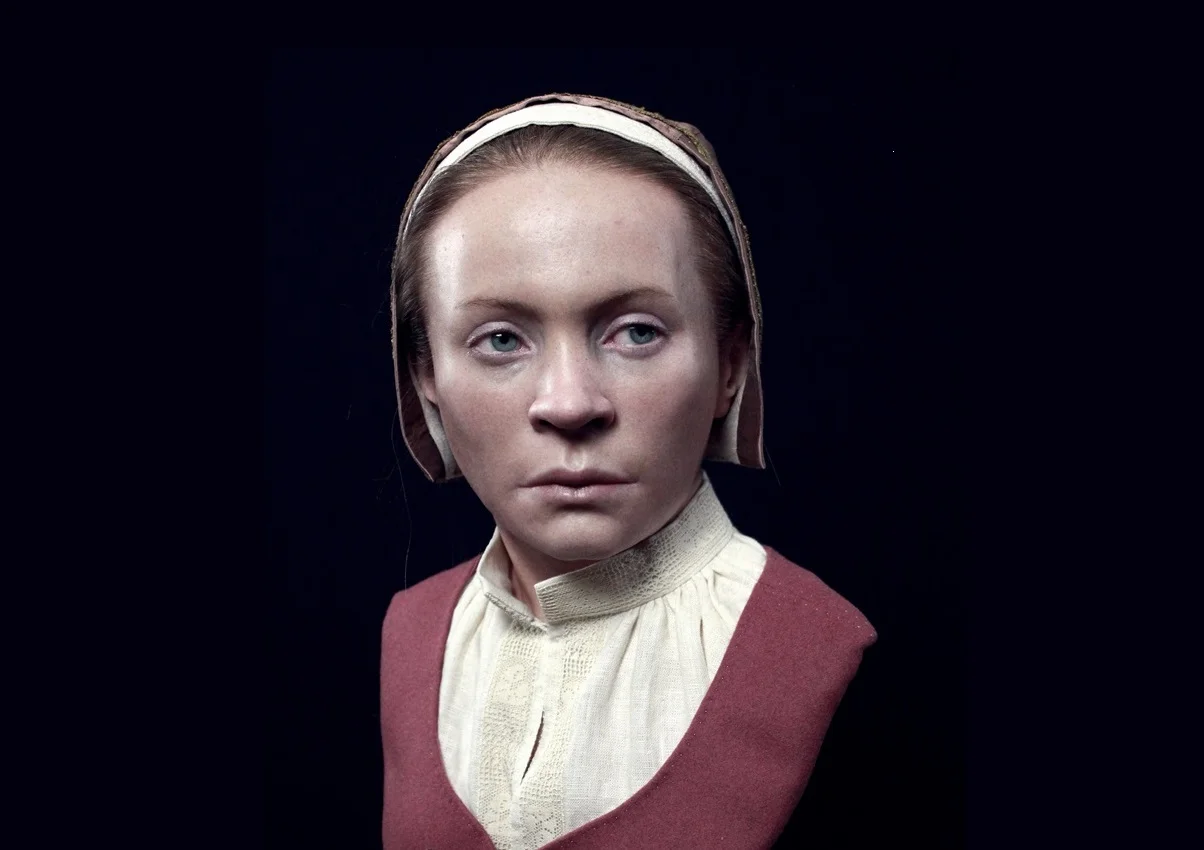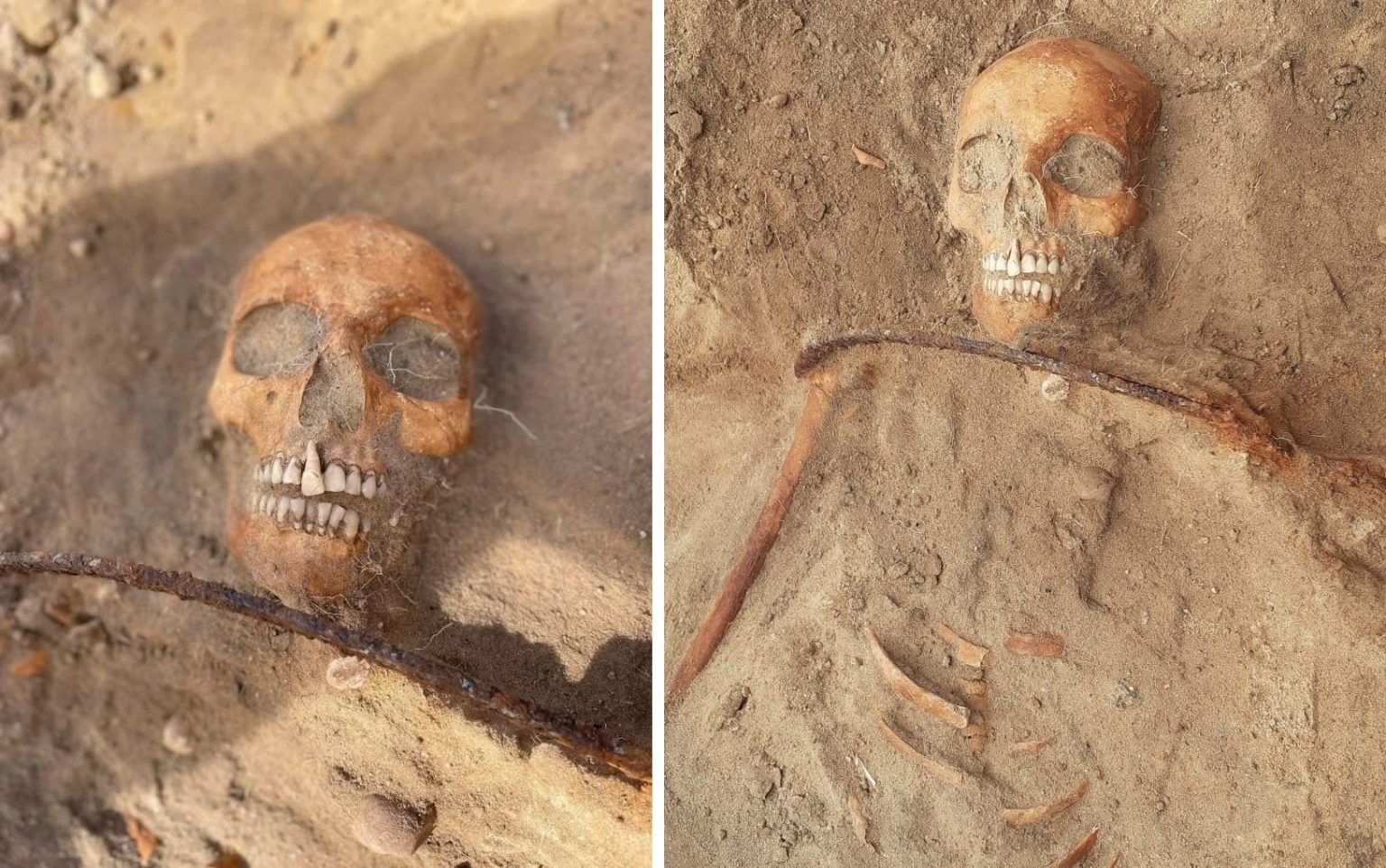Archaeologists from the Institute of Archaeology of the Nicolaus Copernicus University in Toruń have conducted an examination of the “vampire” burial found near Bydgoszcz, a city in northern Poland.
In 2022, archaeologists announced the discovery of human remains buried with a sickle positioned over the neck and a padlock fastened to the left foot’s toe.
Archaeologists concluded that the deceased was a female who held a high social status and lived during the 17th century. It was theorised that the items were placed to prevent the woman from rising as a revenant and ascending to vampirism.
During the late 17th and 18th century, the folklore for vampires as we imagine became rampant in the verbal traditions and lore of many European ethnic groups. They were described as the revenants of evil beings, suicide victims, witches, corpses possessed by a malevolent spirit, or the victim of a vampiric attack.

Researchers from the Nicolaus Copernicus University in Toruń have since created a lifelike image of the woman using a 3D model of the skull to serve as the basis for a probably facial reconstruction.
Further studies have revealed that she suffered from a tumour in the area of the sternum, which would have caused considerable pain and contributed to the development of a deformity on the chest.
Although only speculated, the tumour may have contributed to fainting fits, severe headaches, or a pathological mental disease. In the 17th century, where disease and war was rampant throughout Europe, a climate of fear in the supernatural would likely have branded her as a witch or possessed by a spirit.
A genetic and isotope analyses indicates that she may have had Scandinavian roots, as reported by the Toruń Educational Association.
Header Image Credit : Miroslav Blicharski / Aleksander
Sources : PAP





